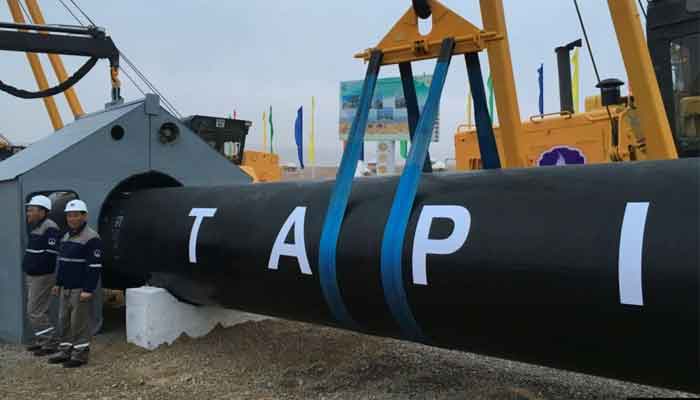Oil Industry Poised to Attack as Trump Boosts Ethanol in Fuels

Oil industry foes are preparing to go to court to fight the Environmental Protection Agency regulation issued Friday that allows year-round sales of higher-ethanol E15 gasoline nationwide.
The agency’s final rule offers ethanol producers and corn farmers the promise of greater market access and demand — but the coming legal battle will be the true test of that potential.
The regulation fulfills President Donald Trump’s promise to unleash ethanol sales and is a potent show of support to Midwestern farmers who are suffering from Chinese tariffs on soybeans, flooding that destroyed stockpiled grain and a deluge of rain that has delayed plantings. With some 37% of America’s corn production going to ethanol mills, any regulatory move lifting demand for the fuel could buttress farmers who helped propel Trump to the White House.
Iowa Republican leaders and biofuel industry boosters will celebrate the shift with EPA’s Region 7 administrator during an event at Elite Octane LLC’s dry mill ethanol plant in Atlantic, Iowa later Friday. Trump is expected to address the issue during a visit to the state next month.
“Over time, we believe and the industry believes you will see more E15 sold as the infrastructure in the gasoline distribution system and especially at gas stations catches up to the availability of this fuel,” Wehrum said. This is going to result in a “substantial increase” in E15 sales, he said.
At Trump’s direction, the EPA bundled the E15 shift with modest changes meant to boost transparency and prevent price manipulation in the trading of credits used by refiners to prove compliance with annual biofuel blending quotas. Large integrated oil companies, including ExxonMobil Corp., BP America Inc. and Chevron Corp., had argued against the EPA’s initial proposal of more aggressive trading limitations.
Wehrum said the agency would continue examining allegations of market manipulation and respond to them if needed. “We’re applying the theory of first do no harm,” he said, noting that proposed position limits and sale requirements “could reduce the flexibility of the market and the efficiency of the market.” While the agency takes the issue seriously, he said, the EPA has not yet found clear evidence of significant manipulation.
Senator Joni Ernst, a Republican from Iowa, praised the EPA’s action, saying it would mean more consumer choice and savings at the pump.
“The president had made this promise a long time ago: He was really going to work hard for farmers’ support and the Renewable Fuel Standard,” she said by phone. “And he’s coming through with that promise at a time when it’s desperately needed. It’s something we were going to work toward anyway, but it does bring much-needed relief at a very critical time for our farmers.”
Ethanol is already a staple of America’s fuel supply, accounting for about 10% of total consumption. Biofuel boosters who have lobbied for the regulatory shift are betting 15% will eventually emerge as the standard. Green Plains Inc. Chief Executive Officer Todd Becker said this month that the higher blend puts in play “year-round demand growth of at least 200 million gallons of annualized incremental demand as only the starting point.”
That would come at the expense of oil.
The American Petroleum Institute previewed its legal argument in public comments, arguing that the agency is flouting the plain text of the Clean Air Act by extending an existing waiver to E15. Marathon Petroleum Corp.warned the EPA’s move to consider E15 “substantially similar” to conventional E10 gasoline is “arbitrary and capricious” — a fatal failing under a federal law governing rulemaking. And the American Fuel and Petrochemical Manufacturers insisted the EPA is taking action previously rejected by Congress.
Ethanol advocates argue the EPA is on solid legal footing. The agency’s move to grant a waiver to E15 “reflects the best, most natural reading” of the Clean Air Act, and that higher-ethanol blend is substantially similar to E10, said Growth Energy Chief Executive Officer Emily Skor.









